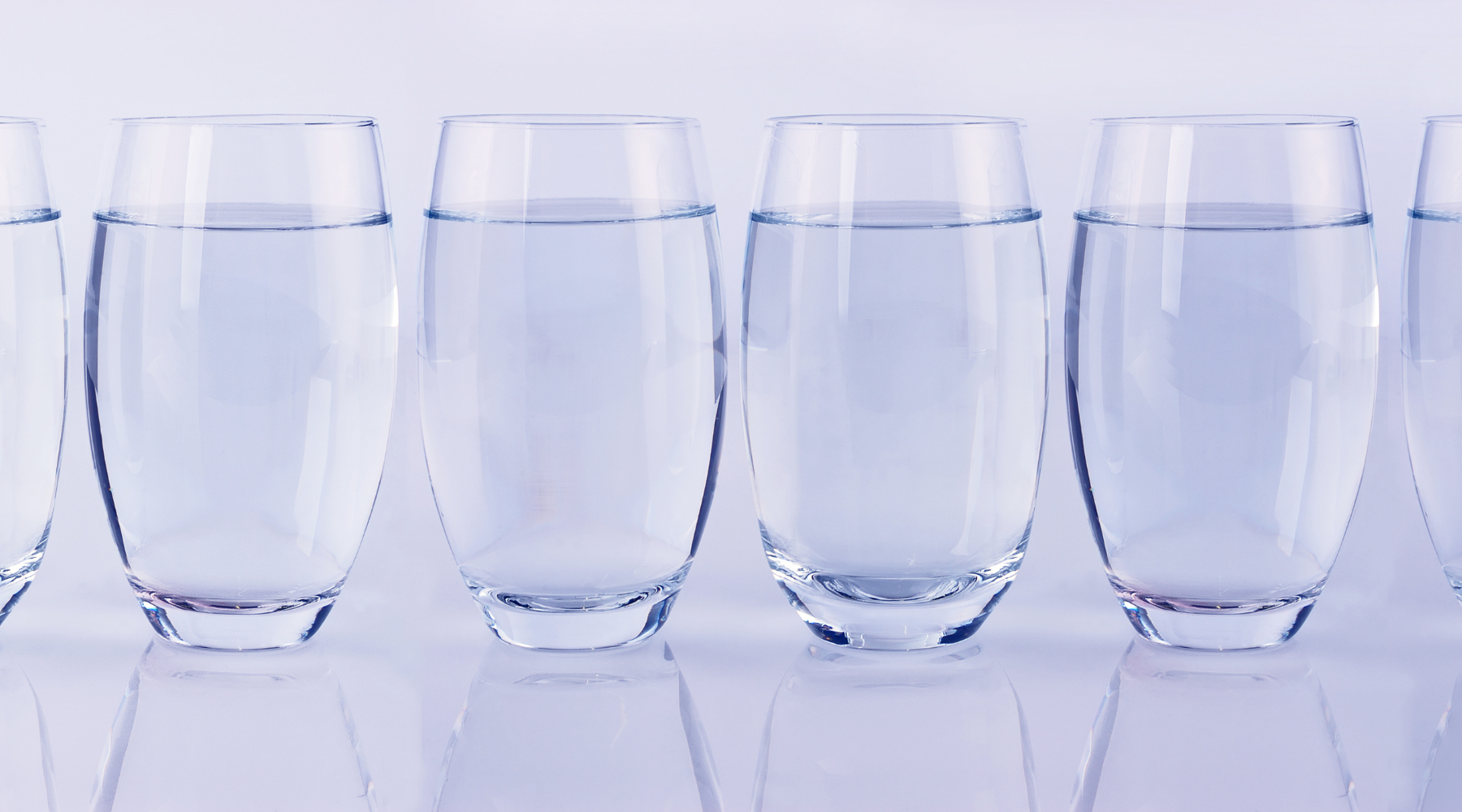Each week, OMRF Chief Medical Officer Dr. Judith James opens “Adam’s Journal” to answer a medical question from Adam Cohen, OMRF’s senior vice president & general counsel.
Adam’s Journal
We’ve all heard the “rule” that we should drink eight glasses of water a day. And it seems like most everyone now carries around water to ensure they stay hydrated. But how much water do our bodies actually need?
Dr. James Prescribes
The notion that eight 8-ounce glasses of water is some sort of magic number is a myth. We are all different sizes, have varying activity levels, and spend different amounts of time in the heat and sun, so our hydration needs are as individual as we are.
In addition, the amount of water you need can vary depending on your health conditions. For example, if you have kidney stones, you may need to drink more water. The same holds true if you’ve been vomiting or had diarrhea.
For most young, healthy people, the best way to stay hydrated is simply to drink when thirsty. Once you reach your 70s and 80s, you may need to pay a bit more attention to hydration, as the sensation of thirst can decrease as we age.
Although water offers the purest option – and doesn’t come loaded with excess calories or other ingredients like caffeine or artificial sweeteners – any beverage can add water to your system. And while many believe that drinking beverages with caffeine will dehydrate you, the effect is negligible; a 2016 study concluded that the hydrating effects of water, coffee and tea were nearly identical.
We also get water from many foods. Rich sources include fruits, vegetables, soups and sauces.
Ads might lead us to believe we need to replenish electrolytes regularly with sports drinks. But unless you’re exercising intensely in the heat or losing fluids from vomiting or diarrhea, you’re likely getting all the electrolytes you need (sodium, potassium and other minerals) from your regular diet.
Keeping a bottle of water handy can be a good idea, but most of us don’t need to drink if we don’t feel thirsty. And while it’s rare, excessive water consumption can lead to its own dangers, most notably a condition called hyponatremia, which is when the electrolytes in our bodies become too diluted.
For most, staying hydrated doesn’t require complex formulas. Just listen to your body.
–
Do you have a health query for Dr. James? Email contact@omrf.org and your question may be answered in a future column!



